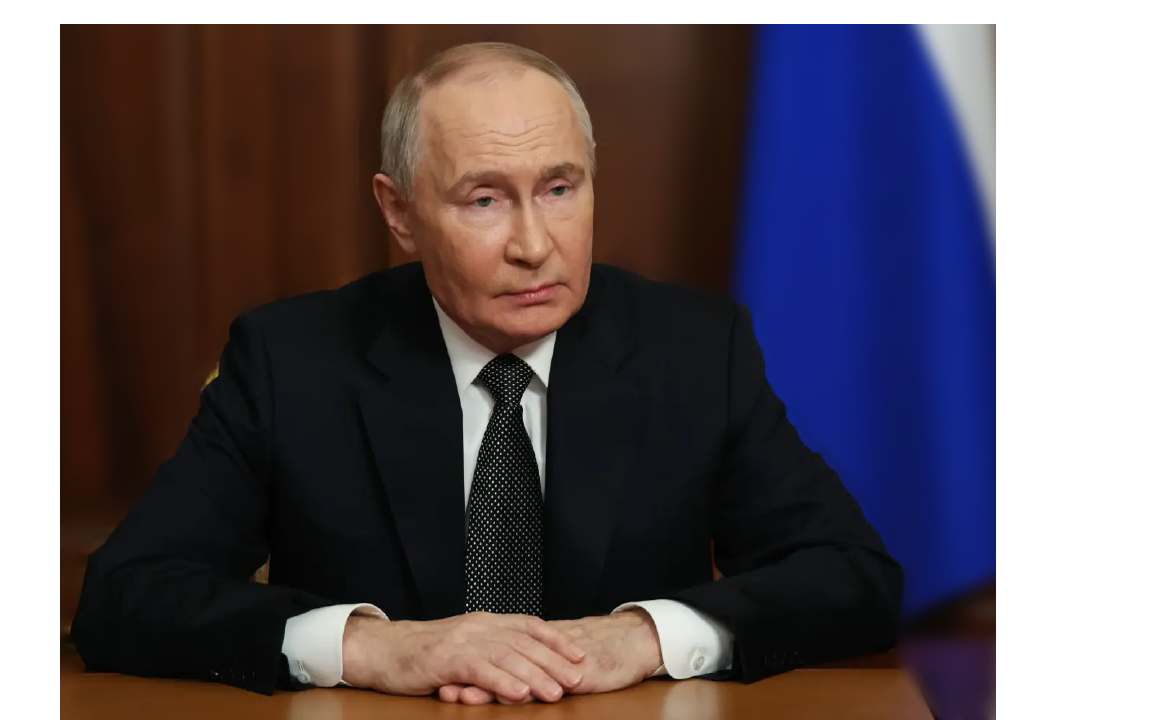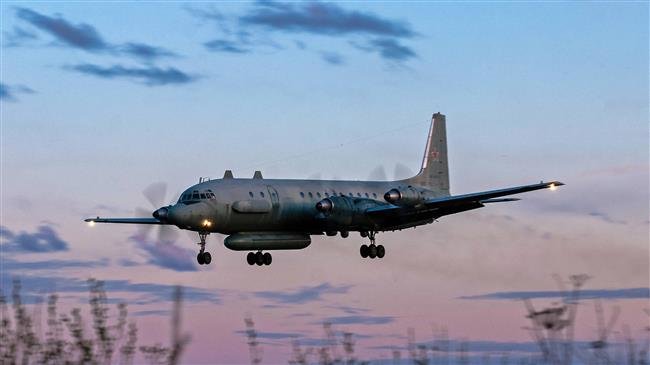Just two weeks before the parliamentary election, German Chancellor Angela Merkel’s CDU party is comfortably ahead of all contenders. Her approval rating, however, has not yet fully recovered after going into a tailspin following her handling of the 2015 migrant crisis.
Despite receiving thousands of asylum-seekers annually, Germany has been safeguarded by its geographic location and the Dublin agreement (which regulates asylum procedures in the EU), which left most refugees stranded in the EU’s coastal states, such as Greece and Italy. Berlin, however, began facing a new reality two years ago. As the migrant influx into Europe from the Middle East and North Africa gained momentum, the German chancellor announced a “humanitarian move,” opening Germany’s borders to migrants in August 2015.
Her decision may have been guided by other motives, Professor William Mallinson, a former British diplomat, told RT. “Germany’s attitude appears to be hypocritical: on the one hand, in October 2010, Angela Merkel announced that multiculturalism has ‘utterly failed.’ Yet, pandering to the electorate – or so she thought – she let in over one million immigrants only six years later,” Mallinson said.
The change in Merkel’s rhetoric in the months to follow was merely an attempt “to jump onto the anti-immigration bandwagon because of the impending elections.”
And there is more to it, according to Doris Von Sayn-Wittgenstein, a German AfD politician. The decision to open the borders was ultimately not an attempt to deal with the crisis, but rather to give it a ‘let it happen’ option, she told RT, adding that the “the government is going by ‘Yes we can’ and is simply denying the problem.”
Angela Merkel herself, “for historical reasons,” most feared the media images of armed police and Bundeswehr soldiers confronting migrants at the border, Robin Alexander, a German political journalist and author of a best-seller on how the German government has dealt with refugees, claimed in his book. While not challenging the ‘open borders’ policy, Boris Palmer, mayor of Tuebingen, Germany, believes that Merkel was wrong to turn a decision “which was born from a necessity” into a “moral litmus test” for the nation.
The situation became so chaotic that at some point, authorities managed to “lose” 130,000 asylum-seekers who never turned up at the refugee centers to properly file asylum requests, German media reported, citing interior ministry figures. “Until now we have hundreds of thousands of people, where we don’t know the names. It is a breakdown of the state as a system,” former German Parliamentary State Secretary on Defense and ex-VP of the OSCE Assembly Willy Wimmer told RT.
The general public initially gave broad support for asylum-seekers, with the popular slogan ‘Refugees Welcome.’ However, the mood of the population began to change following allegations of mass sexual harassment during 2015 New Year’s Eve celebrations in Cologne. With 1,200 complaints filed, police were able to identify over 300 suspects, 109 of whom were asylum-seekers. Although German citizens were also among the suspects, the case triggered mass outrage, as it did not receive widespread coverage and proper reactions from the authorities until days afterward. This resulted in a wide-ranging national debate on refugees in Germany, as well as numerous protests, with the slogan ‘Merkel muss weg’(Merkel must go) commonly heard.
The mass influx of refugees also had a major impact on Germany’s national security situation. Back in August 2016, the head of the Bavarian department of the domestic intelligence agency (BfV), Manfred Hauser, warned that “hit squads”linked to Islamic State (IS, formerly ISIS/ISIL) might have infiltrated Germany posing as refugees.
His agency looked into “hundreds” of such cases, he said. In 2016, jihadists carried out five attacks, while the security services managed to prevent seven others, according to the BfV.
The deadliest incident occurred on December 19, 2016, when a 27-year-old rejected asylum-seeker – a Tunisian man named Anis Amri who had pledged allegiance to IS – plowed a truck into a Berlin Christmas market, leaving 12 people dead and dozens injured. The assailant, who had previously been on the radar of the police, managed to flee the scene and reach Italy, where he was gunned down by police.
Just months earlier, in July, a 27-year-old Syrian refugee detonated an explosive device outside a music festival in the town of Ansbach, killing himself and injuring 12 others. That same month, a 17-year-old Afghan refugee with an axe assaulted train passengers near Wurzburg in central Germany, leaving five people injured. IS claimed responsibility for all of the attacks. The terrorist threat remains high, and the country “must expect further attacks by individuals or terror groups” which “may occur any time,” the head of the BfV, Hans-Georg Maassen, warned this March.
Germany failed to make a necessary assessment of the security situation following the New Year’s Eve incidents in Cologne, political analyst John Bosnitch told RT. He added that the authorities did little to effectively accelerate integration. As “long as the migrants with a different cultural background continue to maintain their own bloc within the German society... the possibility of integrating this group is going to decline, and it is going to become a much worse problem in Germany than it is today,” he said.
It was only after the first terrorist attacks on German soil committed by asylum-seekers and mass anti-immigrant demonstrations with the ‘Merkel must go!’ slogan that the chancellor admitted her political course might be somewhat “flawed.” In September 2016, Merkel publicly acknowledged that her infamous “We can do it!” had become “an empty formula.”
That came way too late, according to Mallinson. “She is now admitting that she was mistaken,” he old RT. “The damage has, however, already been done.”
Merkel then toughened her rhetoric on issues perceived as related to refugees. In December of the same year, Merkel announced that “the full-face [Muslim] veil must be banned wherever it is legally possible” and stressed that “all Germans that always lived here as well as those who just arrived” should obey the law, apparently referring to the surge in migrant crime. She added that German law “takes precedence” over Sharia law (Islamic law).

“We express our condolences to those who have lost their loved ones, and wish recovery to those who survived,” said the Russian leader’s press secretary.

Lionel Messi and Cristiano Ronaldo are both incredibly successful soccer players, and they have each won a large number of trophies and awards throughout their careers.

Cristiano Ronaldo and Lionel Messi are both considered to be among the best soccer players in the world. Both players have had highly successful careers.

Al-Nassr FC is a professional football club based in Riyadh, Saudi Arabia. The club was founded in 1955 and has won several domestic and international titles.

Vivo sub-brand iQOO has launched the company’s latest 5G smartphone- iQOO Z1x 5G in China on July 9, 2020.

This episode describes. making of magnets, how to they working on it. Video mad by discovery uk.

Russian President Vladimir Putin says the Israeli military’s aerial operations in the Syrian airspace are in flagrant violation of the incumbent Damascus government’s sovereignty as tensions are simmering between Moscow and Tel Aviv over the downing of the Russian Ilyushin Il-20 reconnaissance aircraft in the western Syrian province of Latakia.

The permanent residency card will grant them the same access to education and healthcare in government institutions as Qatari nationals.

According to the latest leak, Samsung Galaxy A91 may launch in India at the end of this year.

Xiaomi India has just unveiled it's latest flagship killer- Xiaomi Mi 10 5G smartphone in India.
